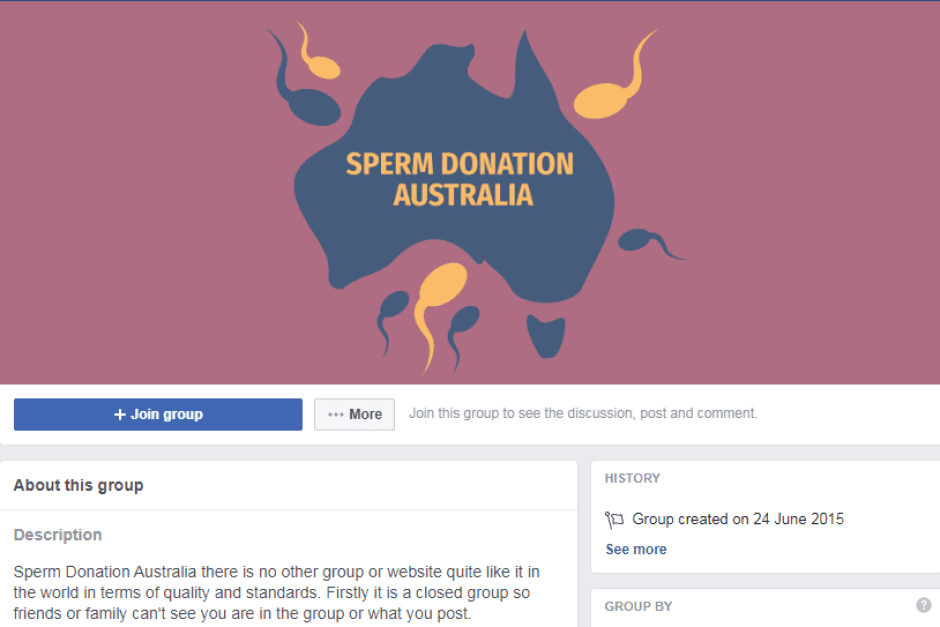With the development of technology, society has benefited from an improved access to information, advancements in medicine and an ability to communicate on a global scale.
Technology has also caused the area of family law to adapt and grow with societal changes. The legalisation of same sex marriages and abortion are among the few reforms which have occurred, largely because of an expression of changing societal opinions throughout social media.
The affects of technology can also be seen in the area of reproduction. Traditionally, couples who were unable to conceive children were faced with the impossibility of starting a family. Whilst there is the avenue of IVF, couples may be deterred from these treatments as they can sometimes be invasive, and they are typically expensive.
Alternatively, prospective parents, single women or same sex couples could approach a sperm clinic in order to make their dreams of parenthood a reality. However, there is a strict process involved and the supply of sperm worldwide to donor organisations is limited.
With social media playing a major role in today’s society, these couples are now turning to media platforms in order to seek suitable persons to donate sperm.
Facebook group, ‘Sperm Donation Australia’ provides a platform for men to provide sperm donations, and for other couples to search for sperm donors. The group currently has more than 5,800 members and offers an online gallery of donors for prospective parents to browse through. Aiming to protect the privacy of both its donors and its prospective parents, the group is closed and access to it is subject to the group owners approval.
Whilst this is a huge development, there are legal issues to consider. Couples who choose to use this avenue are warned that there is no legal binding agreement in place. In this sense, there is the potential for a dispute to arise surrounding the legal parentage of the resulting child.
In a decision handed down earlier this year, the High Court has expanded the definition of a “legal parent” to include a sperm donor. Where a sperm donor can demonstrate that they have an ongoing involvement and relationship with the child, then the law will recognise them as having legal parentage over that child. In the case of anonymous sperm donors, who have not seen or had a relationship with the biological child, then the law will not consider them as being their legal parent.
Accordingly, where a sperm donor does not wish to have any parental responsibility over a child, they may now find themselves exposed to the full gamut of responsibility, including child support and inheritance. Likewise, single mothers who do not wish to share parental responsibility with a sperm donor may be faced with parentage orders.
It is therefore in the best interests of all parties involved that a Sperm Donor Agreement be drafted and executed prior to entering into any donor-acceptance arrangements. Although it may not be legally binding, by clearly setting out their intentions in the agreement, both parties will be protected.
Are you thinking of undergoing the sperm donor process? Contact us at Freedman and Gopalan Solicitors to obtain general advice in relation to your rights and that of a donor.

